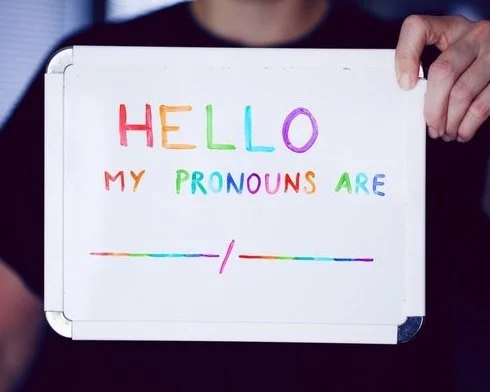Anytime there is conflict in the world, it’s not uncommon for there to be war anxiety. Your fear and distress are valid, and you’re not alone. With effective coping strategies, it is possible to manage your symptoms and not lose heart.
What to Expect from a Brainspotting Session
PTSD Memory Loss: 10 Ways it's Affecting You
Memory loss may not be the first thing that comes to mind when you think of posttraumatic stress disorder (PTSD). But if you or a loved one suffer from the condition, the impact to what and how you remember significant parts of your life, learn new things, and reason with others is a daily concern. Why is memory affected by PTSD?
Secure Attachment: How to Know and Grow
How to Find a Trauma Therapist
Hypervigilance is Risky: 4 Ways to Stay Vigilant
Hypervigilance is real. It’s smart to stay prepared and aware. But you don't want to overdo it. Maybe your experience has been traumatic. Perhaps you've been unfortunate enough to have endured a previous traumatic event. If so, it makes sense that you might feel particularly alert for a period of time. The fact is that it takes time to heal.
PTSD Relapse: Signs, Symptoms and Treatment
How to Deal With PTSD Flashbacks
What To Know About Delayed Onset PTSD and How to Cope
Are Childhood Trauma and Eating Disorders Connected?
Is There a Connection Between Neurodivergence and Eating Disorders?
Neurodivergent people can struggle with eating disorders just like their neurotypical counterparts. But does that mean you’re more likely to develop one? Or do you just have a different relationship with food and eating? Are your irregular eating patterns different from eating disorders or are they the same thing and you just didn’t know?





















